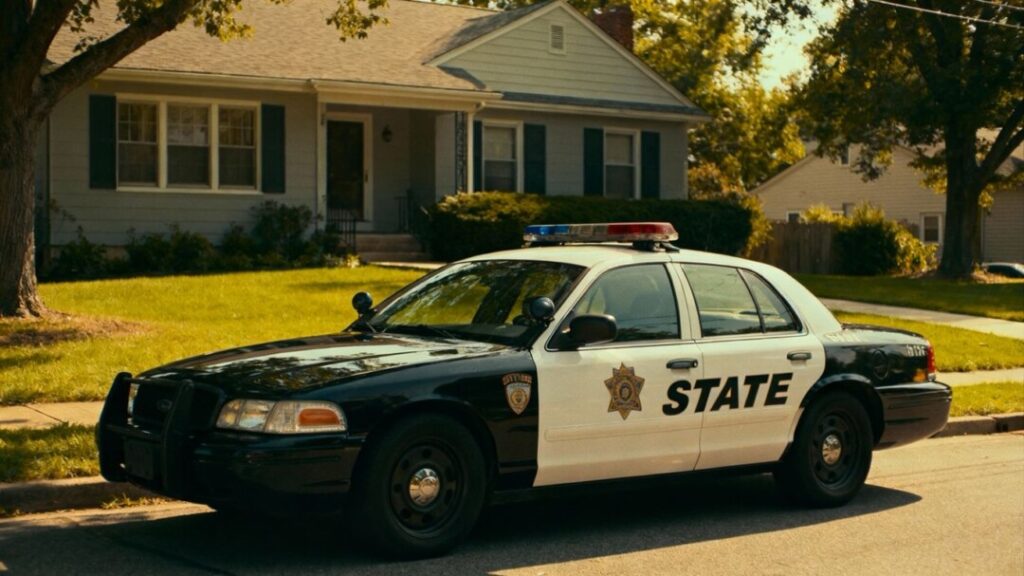A Florida Highway Patrol trooper’s overnight parking of his marked cruiser in a community’s guest spots has ignited a conflict with his homeowners association, potentially setting a precedent for how state law protects first responders’ parking rights. The dispute highlights the tension between HOA regulations and a 2020 state law designed to exempt first responders from such rules.
Key Takeaways
- A Florida state trooper is in a dispute with his HOA over parking his marked patrol car overnight in guest parking.
- The trooper claims a state law exempts him from HOA parking restrictions for first responders.
- The HOA argues the trooper’s actions, including an alleged confrontation with a security guard, violate community rules.
- The situation is being viewed as a test case for the state law’s application.
The Parking Predicament
Florida Highway Patrol Trooper Eduardo Hernandez found himself at odds with the Carter Glen neighborhood’s homeowners association when he began parking his fully marked FHP Dodge Charger in the community’s guest parking area overnight. Hernandez stated that his leasing agent assured him this would be permissible. However, the HOA, citing rules that prohibit overnight parking for residents and guests without permits, disagreed.
Hernandez explained that his personal vehicles filled his garage and driveway, leaving guest parking as his only option for the patrol car. He asserted that law enforcement vehicles are an exception to HOA rules, referencing a 2020 state law signed by Governor Ron DeSantis. This law generally prevents HOAs from prohibiting first responders from parking their clearly marked vehicles in any allowed parking area within the community.
HOA’s Perspective and Actions
Sarah Morgan, vice president of the Carter Glen HOA, acknowledged that she was initially unaware of the specific state law Hernandez cited. After consulting with the HOA’s legal counsel, the association began to address the situation. Morgan noted that other law enforcement officers within the 417-unit neighborhood park their patrol cars in their own driveways.
The HOA also expressed concern over an incident where Hernandez allegedly confronted a security guard aggressively. According to Morgan, Hernandez ran across the street and yelled at the guard when she attempted to place a warning tag on his vehicle. This behavior led the HOA to consider revoking his lease.
Hernandez, however, described the interaction differently, stating he was speaking loudly and that the guard initially ignored him. He also claimed he was threatened with a $100 fine per violation.
Testing State Law
The core of the dispute lies in the interpretation and enforcement of the 2020 state law. An advisory opinion from the Florida Attorney General and interpretations from legal firms specializing in HOA law suggest that the statute preempts existing HOA rules regarding first responder parking. This means HOAs may be required to make exceptions for marked law enforcement vehicles.
The HOA is awaiting further legal advice on how to proceed. Meanwhile, the situation has caused friction among residents, with some questioning why the trooper is allowed to park in guest spots while they cannot. The limited number of guest spots in the community, only 30, further complicates the issue for the HOA.
Trooper Hernandez, a nearly 13-year veteran, expressed his desire to avoid additional stress outside of his demanding work schedule. The matter is currently under review by his supervisor and FOP steward.


